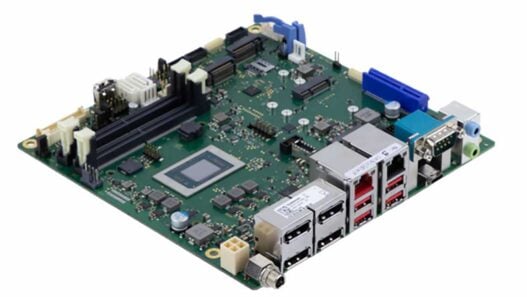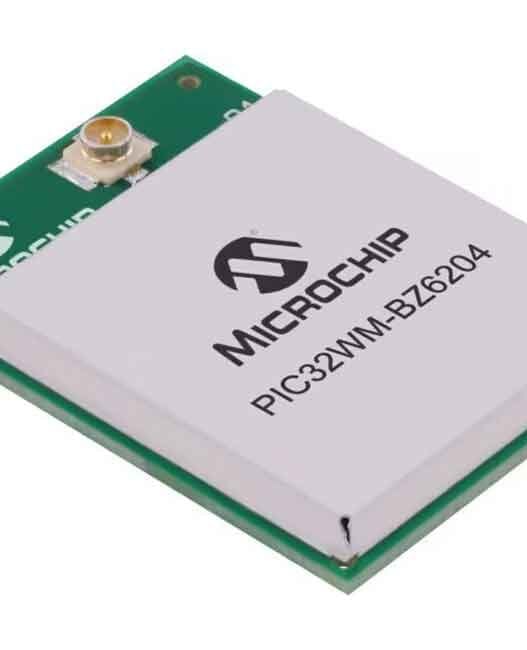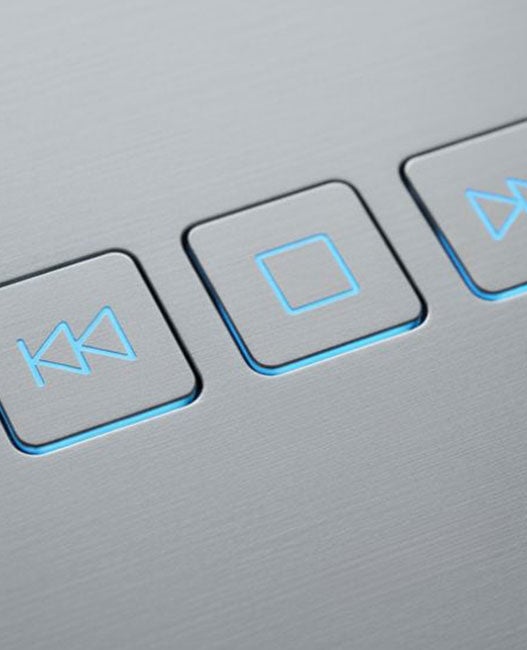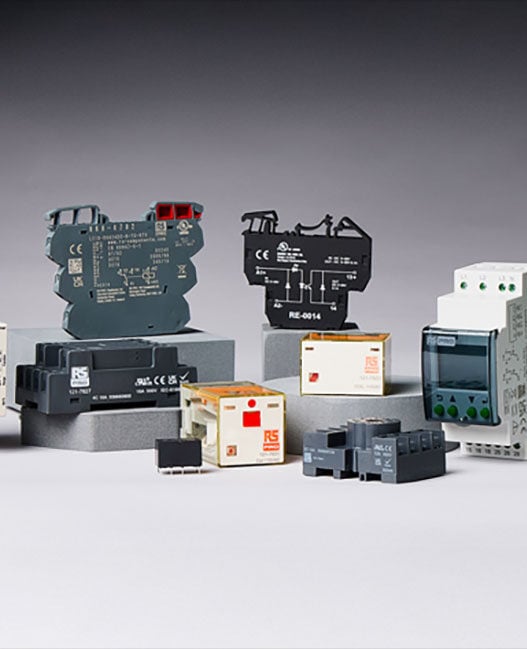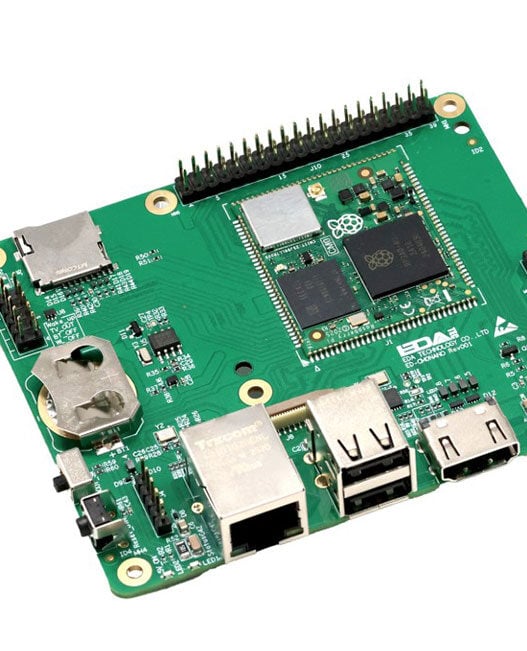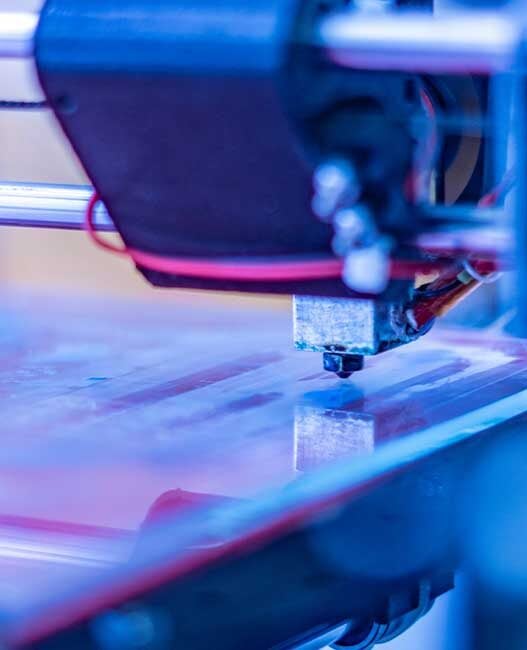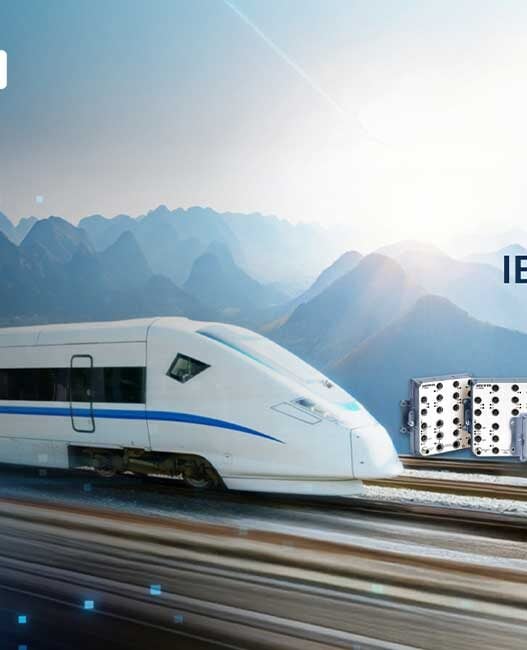When will life return to normal? Professor Julian Hiscox, from the University of Liverpool, suggests that while normality will begin in the summer of 2021, he predicted: ‘we won’t be ‘back to 2019’ for five years’.
Suggestions of continued distancing and regulation mean that businesses must adapt to the limited contact world of work. Here, we look at how businesses and workers are innovating their jobs to fit in with the new low-touch economy.
Defining the low-touch economy
While the low-touch economy represents a transactional service between businesses and customers without any contact, the pandemic has emphasised its importance as a reflection of social distancing requirements. In this sense, many jobs that you would expect to focus on customer interaction have now been forced to fulfil roles and tasks remotely or with significantly reduced contact.
In this sense, new relationship principles between workers and customers are being curated. And both parties are only starting to understand what they mean. However, with government guidance and restrictions, there are expectations of the new low-touch economy that must be met.
Apps to order
Adapting to the low-touch economy has been difficult for the hospitality industry. Government restrictions on social distancing include the requirement to provide table service. For bars, pubs, and restaurants that have relied on over-the-counter ordering, innovation has been key.
Mobile app ordering has been common in some establishments in the past five years. But now smaller businesses are adapting to the digital transformation.
Previously, businesses would need to develop in-house applications. However, in 2020 digital platforms now allow any business to provide service using customer’s phones. Businesses need only to upload menus, set prices, and designate table numbers, before receiving orders.
Doing this stops customers from clustering at bar areas and complies with the regulation. This prevents potentially spreading the coronavirus, should customers be contagious at the time.
Shop when the green man flashes
In businesses where space is restricted, traffic light systems are being used to manage customer flow. This is being used in some supermarkets.
Innovation has allowed stores to detect the number of customers shopping at any one time. Stores can review this number and compare it to the safe capacity of their facilities. Businesses can prevent overcrowding, and ensure social distancing is adhered to.
Facility entrances will feature a red and green light. This means that should a store be too full, customers will be informed to wait with a red light. Green lights mean that shopping can begin immediately.
Social distancing will be key to defeating the virus, and the innovations of the low-touch economy are helping this mission.
Scheduling your visit
Unlike retail businesses, where customers continue to move through the location, hospitality venues will host customers for a considerable period of time. Table service requirements may leave some customers disappointed. If there is no space for additional people, customers may be turned away from their favourite venue.
To tackle this, the low-touch economy has promoted the use of booking services. These can be used both online and over the phone.
Additionally, customers may be limited to time slots, meaning their time at the table is finite. This allows more customers to experience a business’ service.
The benefits of this innovation are various. Staggered bookings mean that staff are not overwhelmed, customers will not be disappointed, and cleaning schedules can be efficient.
Cleaning is an important step in the low-touch economy. Tables should be cleaned after every use to prevent the virus from remaining on surfaces. Disinfectant and blue roll have become essential for defeating the virus. Like PPE equipment, cleaning supplies should be disposed of immediately after use. Blue roll is easily disposable and biodegradable.
The low-touch economy will continue to grow as we combat the coronavirus and the subsequent restrictions it has caused. While the adverse circumstances have been difficult for businesses, the innovations it has produced will in no doubt help them in the future.



